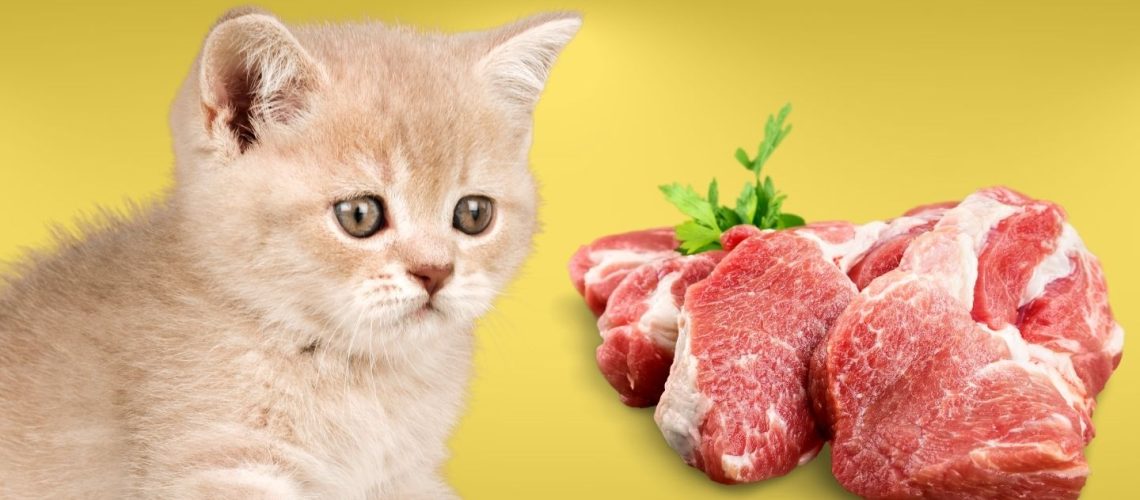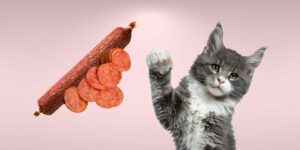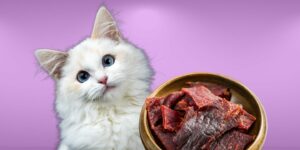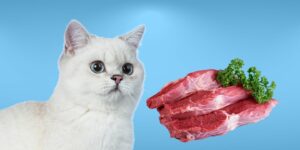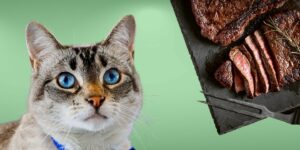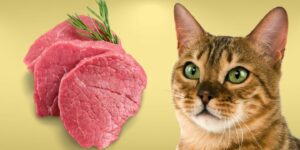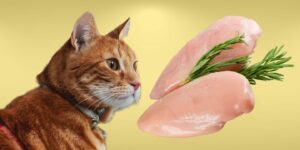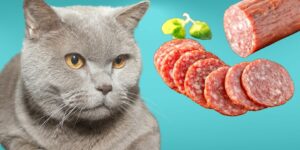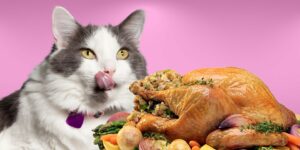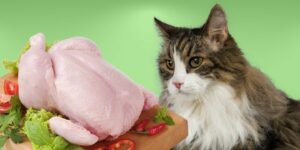Can cats eat pork? The short answer is no, cats should not eat pork. Although pork is not toxic to cats, it is not a suitable part of their diet and does not provide the necessary nutrients that cats need.
Introduction
Cats are obligate carnivores, which means that their bodies are designed to obtain nutrients from animal-based sources, primarily meat. While it is true that cats require meat in their diets, not all types of meat are appropriate for cats to consume.
Brief overview of cats' dietary needs
Cats require a balanced diet composed of proteins, fats, vitamins, and minerals to stay healthy. Their primary source of nutrition should come from animal-based sources, as they cannot synthesize certain essential nutrients from plant-based foods.
Importance of meat in cats' diets
Meat provides cats with essential nutrients, such as high-quality proteins, amino acids, and vitamins. Some meats are better suited for cats due to their nutrient composition, making them more appropriate for fulfilling a cat's dietary needs.
Debunking the myth that cats can eat all types of meat
Not all meats are good for cats. Each type of meat has a different nutritional profile, and some may not provide all the essential nutrients that cats require, making them less suitable for consumption.
Essential Nutrients for Cats
Cats have specific nutritional requirements, and it is vital to provide them with a diet that meets these needs.
Taurine: its role and importance
Taurine is an essential amino acid that cats need for proper heart and eye function. Their bodies cannot produce enough taurine on their own, so they must acquire it from their diets. Taurine deficiency can lead to severe health problems, such as heart disease and vision loss.
Other essential amino acids
In addition to taurine, cats need other essential amino acids, such as arginine, methionine, and lysine, which play crucial roles in various bodily functions.
Vitamins and minerals necessary for cats
Cats require various vitamins and minerals, including vitamin A, vitamin D, and calcium, for various bodily functions and maintaining overall health.
The Nutritional Content of Pork
Pork does not provide the necessary nutrients that cats require, making it less suitable for their consumption.
Protein and amino acid composition
While pork is a good source of protein, it lacks the high levels of taurine that cats require.
Fat content and types of fat present in pork
Pork is high in fat, and consuming too much fat can lead to health problems in cats, such as obesity and pancreatitis.
Caloric value of pork
Pork has a high caloric value, and feeding cats pork can contribute to weight gain and associated health issues.
Health Risks Associated with Feeding Pork to Cats
Feeding pork to cats can lead to several health problems due to the lack of essential nutrients, high fat content, and potential exposure to parasites and bacteria.
Lack of taurine leading to health problems
Without enough taurine in their diet, cats can develop heart disease and vision loss.
Obesity and related health issues
The high fat and calorie content of pork can contribute to obesity, which can cause various health problems, such as diabetes and joint issues.
Pancreatitis and its causes
Cats are prone to pancreatitis, a potentially life-threatening condition that can be caused by consuming too much fat.
Parasites and bacteria found in raw or undercooked pork
Feeding cats raw or undercooked pork can expose them to parasites and bacteria, causing illness and digestive problems.
Alternatives to Pork for Cats
Instead of pork, consider feeding your cat other, more suitable meats or commercially available cat foods.
Recommended meats for cats
Chicken, turkey, and fish are better options as they provide essential nutrients and are lower in fat than pork.
Commercial cat foods: wet and dry options
High-quality commercial cat foods, both wet and dry varieties, are formulated to provide a balance of nutrients that cats need.
Homemade diets and their benefits
Some cat owners prefer to feed their cats homemade diets, which can be tailored to meet their cat's specific nutritional requirements when formulated correctly.
Tips for Feeding Your Cat a Healthy Diet
Maintaining a balanced and appropriate diet for your cat is crucial for their overall health and well-being.
Proper portion control
Monitor your cat's weight and adjust their portion sizes accordingly to prevent overfeeding and obesity.
Maintaining a balanced diet
Ensure that your cat's diet provides all the essential nutrients they require, paying particular attention to the inclusion of taurine-rich foods.
The role of treats in a cat's diet
Treats should be given in moderation and should not make up a significant portion of your cat's caloric intake.
Importance of regular veterinary check-ups
Regular veterinary check-ups can help monitor your cat's health and ensure their nutritional needs are being met.
Frequently Asked Questions (FAQs)
Can cats eat cooked pork?
While small amounts of cooked, unseasoned pork can be given as a treat, it should not make up a part of their regular diet.
Can cats eat bacon or processed pork products?
No, these products contain high levels of sodium and other preservatives, which can be harmful to cats.
What if my cat accidentally eats pork?
Monitor your cat for any signs of illness and contact your veterinarian if you have any concerns.
How do I know if my cat has a food allergy or sensitivity?
Common signs of food allergies or sensitivities in cats include gastrointestinal upset, skin irritation, and excessive itching. Consult your veterinarian if you suspect a food allergy or sensitivity.
Conclusion
In conclusion, pork should not be a primary source of nutrition for cats due to its lack of essential nutrients and high fat and calorie content. While small amounts of pork can be given as a treat, it is important to do so with caution and monitor your cat for any adverse reactions. If your cat accidentally eats pork, it is essential to contact your veterinarian for guidance. Provide your cat with a balanced diet and seek regular veterinary care to ensure their health and well-being.

